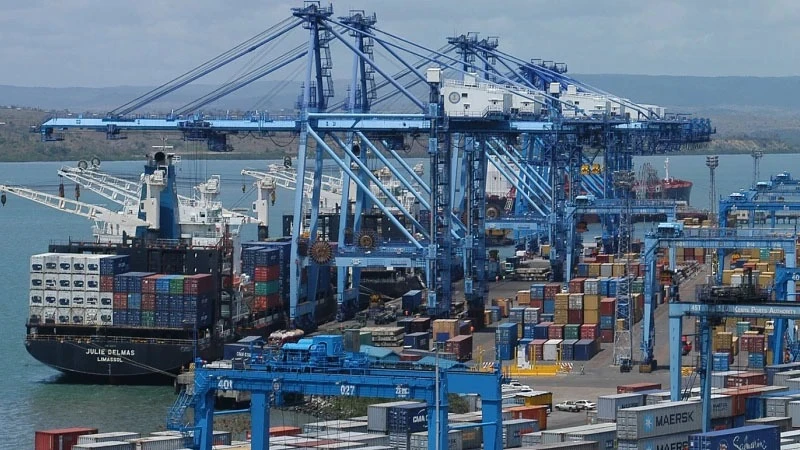Global confidence among accountants, financial experts hits the lowest level

The latest ACCA (the Association of Chartered Certified Accountants) and IMA (Institute of Management Accountants) Global Economic Conditions Survey (GECS) suggests that global confidence among accountants and finance professionals declined moderately in Q3 and is now at its lowest since Q4 2023 and slightly below its historical average.
CFOs’ confidence also fell, and in particular, there was a sharp deterioration in their assessment of new orders.
In Africa, all the key indices declined by varying degrees in Q3. Jamil Ampomah, Director – Africa at ACCA said: ‘The Confidence and New Orders indices both registered quite small falls. The former is below its historical average, while the latter is above it. The Capital Expenditure Index recorded a modest decline, but there was a larger retreat in the Employment Index. Both indices are below their historical averages, but not significantly.
Meanwhile, the proportion of Africa-based respondents reporting increased operating costs eased in Q3 while remaining elevated by historical standards. Inflation remains a major issue in the region, although the improving picture in some countries is allowing central banks to reduce policy rates.
Monetary easing by the US Federal Reserve should prove very helpful by reducing currency depreciation pressures, but geopolitical developments remain a major risk, given their potential impact on commodity prices.’
Confidence improved in North America, although it recouped less than half of its previous fall. By contrast, there was a marked decline in confidence in Asia Pacific.
Concerns about the continued weakness of the Chinese economy likely weighed on sentiment, with the survey being completed before the authorities announced a pivot to a more aggressive policy stimulus.
Confidence also fell quite materially in Western Europe, driven by a sharp decline in UK confidence, amid concerns about tax rises in the upcoming Budget.
The proportion of global respondents reporting increased operating costs remains elevated by historical standards in most regions, suggesting central banks need to proceed quite cautiously with monetary easing, particularly given ongoing geopolitical developments.
On an encouraging note, the share of global respondents reporting problems accessing finance moved lower again amid policy easing by central banks.
The survey also asked accountants globally to rank their top three risk priorities and for the second quarter running, regulatory change was top for respondents in financial services, while the economy remained first for those in the corporate sector.
Both public sector entities and small and medium-sized practices put cybersecurity as their biggest concern.
But strikingly, for the first time, climate change claimed a top three spot, with the public sector placing it third. Another first-ever was by region, with Western Europe ranking talent scarcity and retention first.
Jonathan Ashworth, Chief Economist, ACCA, said: ‘The global economy has been quite resilient so far in 2024, but the latest survey of accountants points to some easing in growth at the current juncture’.
Alain Mulder, Senior Director Europe Operations & Global Special Projects at IMA said: ‘While the increase in confidence in North America is welcome, the key indicators are consistent with some slowing in the US economy and significant caution on behalf of businesses. But with the job market showing resilience and the Federal Reserve beginning its rate-cutting cycle, the most likely scenario for the US economy still looks to be a soft landing’.
Ashworth concluded: ‘On a positive note, increased policy stimulus should boost the Chinese economy, and the move to rate cuts by the US Federal Reserve, and many other central banks, will increasingly support global activity. That said, geopolitical risks are extremely elevated, and significant uncertainty about the upcoming US election could increase corporate caution. Bottom line, businesses are currently operating in a world of heightened uncertainty’.
Top Headlines
© 2024 IPPMEDIA.COM. ALL RIGHTS RESERVED

























